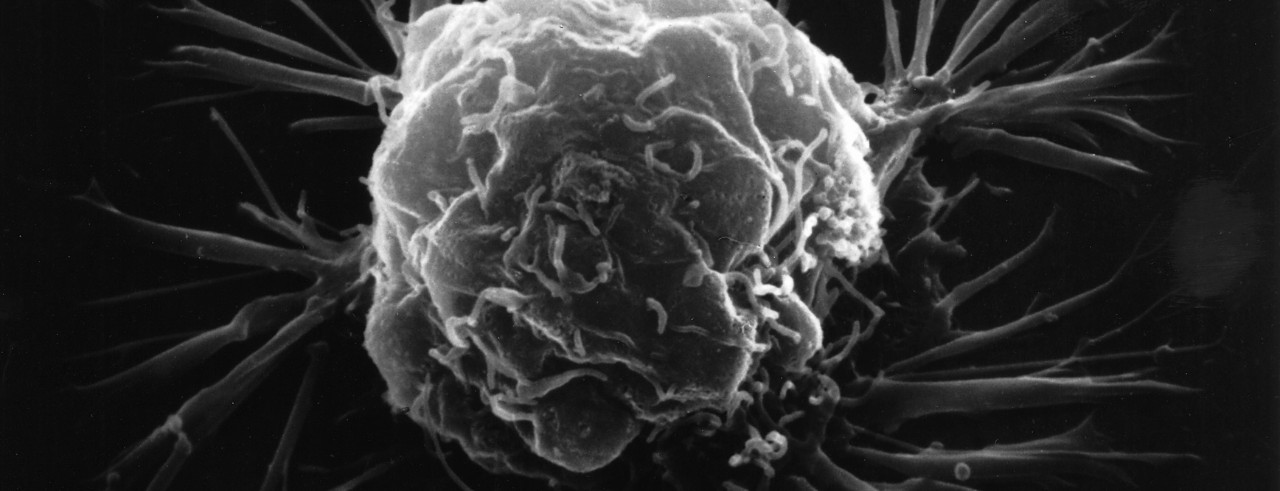
Treatment options when breast cancer becomes unresponsive to chemotherapy
UC expert speaks with Everyday Health
The University of Cincinnati's Mahmoud Charif was featured in an Everyday Health article discussing treatment options when metastatic triple-negative breast cancer (mTNBC) becomes unresponsive to chemotherapy.
Even though chemotherapy is the standard treatment for mTNBC, it’s not uncommon for these drugs to stop working eventually.
Charif, MD, a University of Cincinnati Cancer Center member, associate professor in the UC College of Medicine and a UC Health physician, said breast cancer cells can become resistant to chemotherapy over time, making the treatment less effective. This is especially the case for mTNBC, which is typically a more aggressive form of cancer.
Treatment options when mTNBC becomes unresponsive to chemotherapy include immunotherapy, clinical trials and a class of drugs called antibody-drug conjugates (ADCs). Charif explained ADCs combine an antibody therapy and chemotherapy to work together to kill cancer cells.
Read the Everyday Health article.
Featured photo of 3D breast cancer cell courtesy of the National Cancer Institute.
Related Stories
Cancer Center study if vaccines can prevent lung cancer recurrence
December 3, 2024
WLWT highlighted a University of Cincinnati Cancer Center clinical trial exploring whether personalized mRNA vaccines are effective at reducing lung cancer recurrence.
High-dose vitamin C shows promise in pancreatic cancer treatment
December 17, 2024
The University of Cincinnati Cancer Center's Olugbenga Olowokure was featured in a Local 12 story discussing new research from the University of Iowa that suggests that high doses of vitamin C, when combined with standard chemotherapy, may significantly extend the life expectancy of patients with advanced pancreatic cancer.
Breakthrough cancer trial offers hope for pancreatic cancer patients
March 25, 2025
Local 12 highlighted University of Cincinnati Cancer Center researcher Davendra Sohal and patient Ron Solomon who is enrolled in a pancreatic cancer trial targeting a genetic mutation called KRAS.
